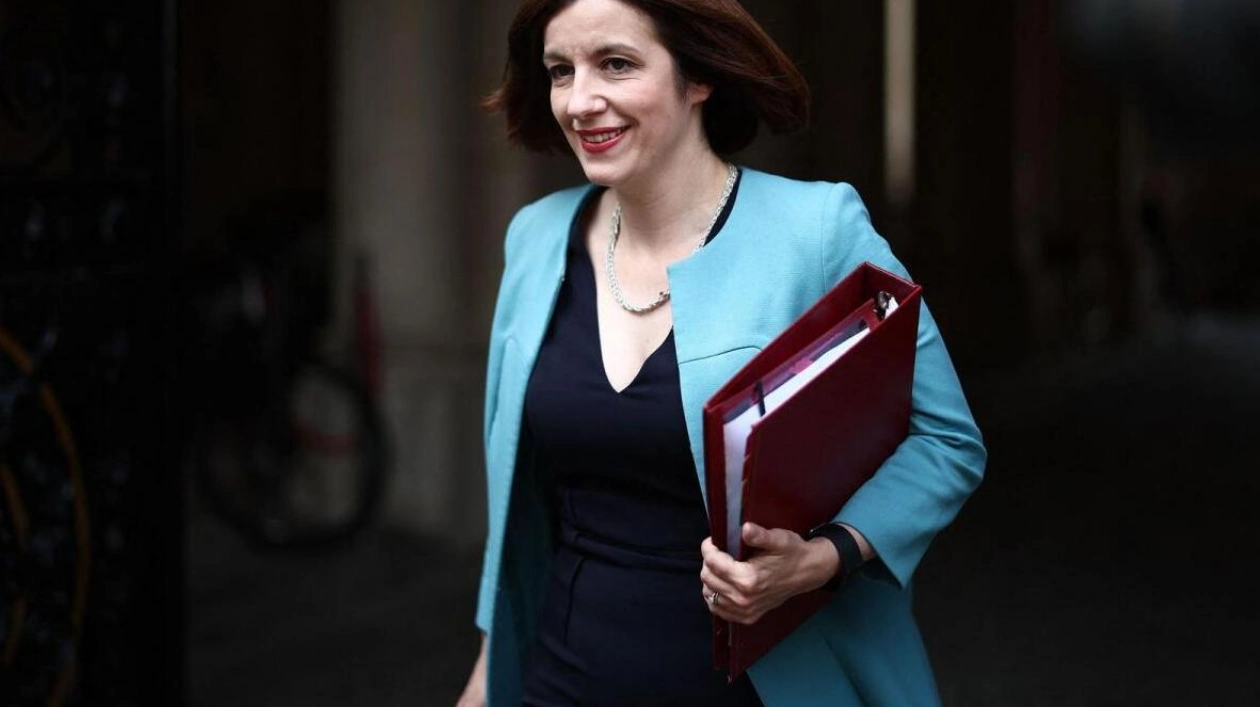The UK government announced on Sunday that schools in England could teach children how to identify extremist and online content spreading "putrid conspiracy theories" under planned changes to the national curriculum. Education Secretary Bridget Phillipson stated that she is initiating a review of the curriculum in primary and secondary schools to incorporate critical thinking across various subjects. This follows recent unrest in over a dozen English towns and cities after the Southport knife attack, which officials believe was fueled by misinformation online and far-right agitators. The stabbing spree, allegedly carried out by British-born Axel Rudakubana, who was 17 at the time, resulted in the deaths of three children. Police have not revealed a suspected motive for the attack but stated it is not being treated as terrorism. Online speculation immediately after the tragedy incorrectly claimed Rudakubana was a Muslim immigrant.
"It's more crucial than ever that we equip young people with the knowledge and skills to challenge what they see online," Phillipson told the Sunday Telegraph newspaper. "That's why our curriculum review will develop plans to integrate critical skills into lessons to protect our children from disinformation, fake news, and putrid conspiracy theories prevalent on social media." Under the proposed changes, students would analyze newspaper articles in English lessons to help identify fabricated clickbait, while computer classes would involve analyzing statistics in context. However, the review is not expected to report its findings and recommendations until next year, meaning reforms would not be implemented until the school year starting in September 2025, according to the Telegraph. These measures are set to be combined with stricter regulation of social media sites and online content, with Prime Minister Keir Starmer hinting at imminent action on Friday.






